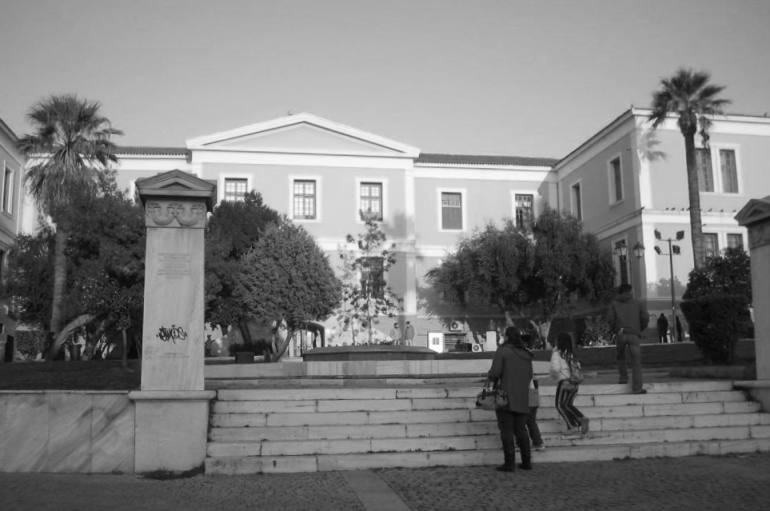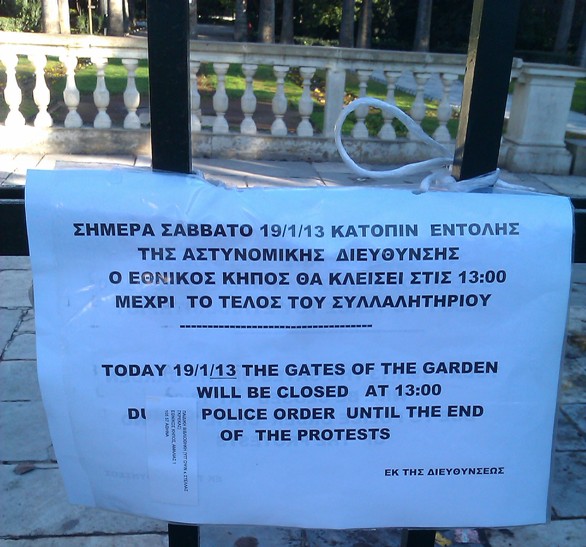“The politics of public space in Athens: Power, conflict and co-existence in the context of the Greek crisis”
Paper presented at the 64th annual conference of the Political Studies Association, Manchester, April 2014.
Abstract:
Focusing on the city of Athens and employing interviews with architects and civil society leaders, this paper examines the opportunities and challenges facing the city’s public spaces and the role of urban planning in facilitating civic empowerment. From neo-Nazi hooligan groups and far-left anarchist collectives to everyday residents, regeneration volunteers and political activists, public space in Athens has been an arena of power contests, conflict and coexistence. Bringing together the literatures on public space, political protest and urban environmental education as a starting point (e.g. Atkinson 2003; Bannister and Kearns 2013; Breitbart 1995; Iveson 2000; Ramadan 2013; Skelton and Valentine 1998), the paper highlights the role of the urban landscape as an agent of political socialisation and identifies contrasting perspectives to ongoing regeneration projects in the greater metropolitan area of Athens. These contrasts mirror broader ongoing debates regarding the role and importance of individual and small-scale civic action, as part of a postmodern paradigm of everyday life reflexivity, as opposed to top-down large-scale intervention by the state.
The particular features of Greece’s economic, political and social structures – not to mention the profound, systemic crisis facing the country since 2009 – make it an interesting and important case study of whether and how public space shapes and is shaped by the civic culture. Athens, like – if not more than – other similar global cities, has been facing unprecedented challenges of social cohesion, crime, economic deprivation, immigration, racism and destruction. However, the city also features a cornucopia of vibrant, contested, dormant, hidden or abused public spaces that can be used to bring people together, cross boundaries, preserve memory, disseminate knowledge and encourage participation.


